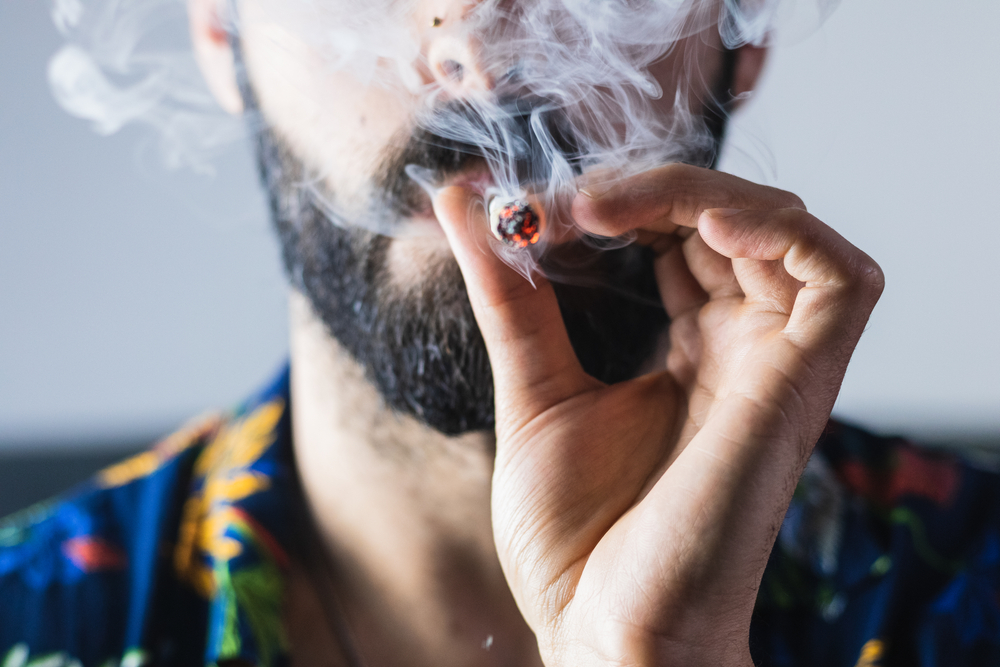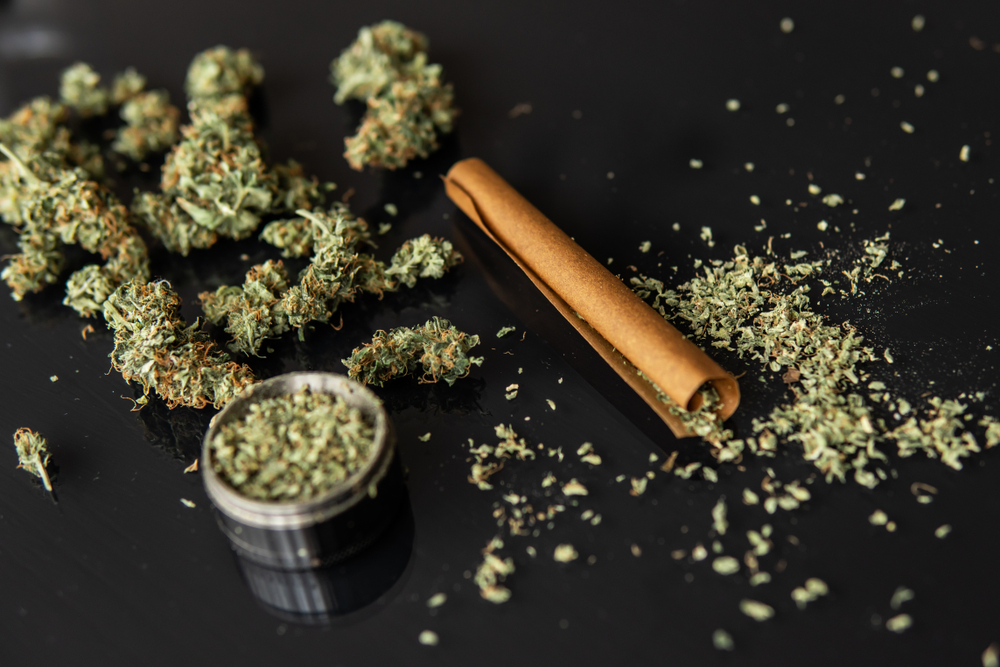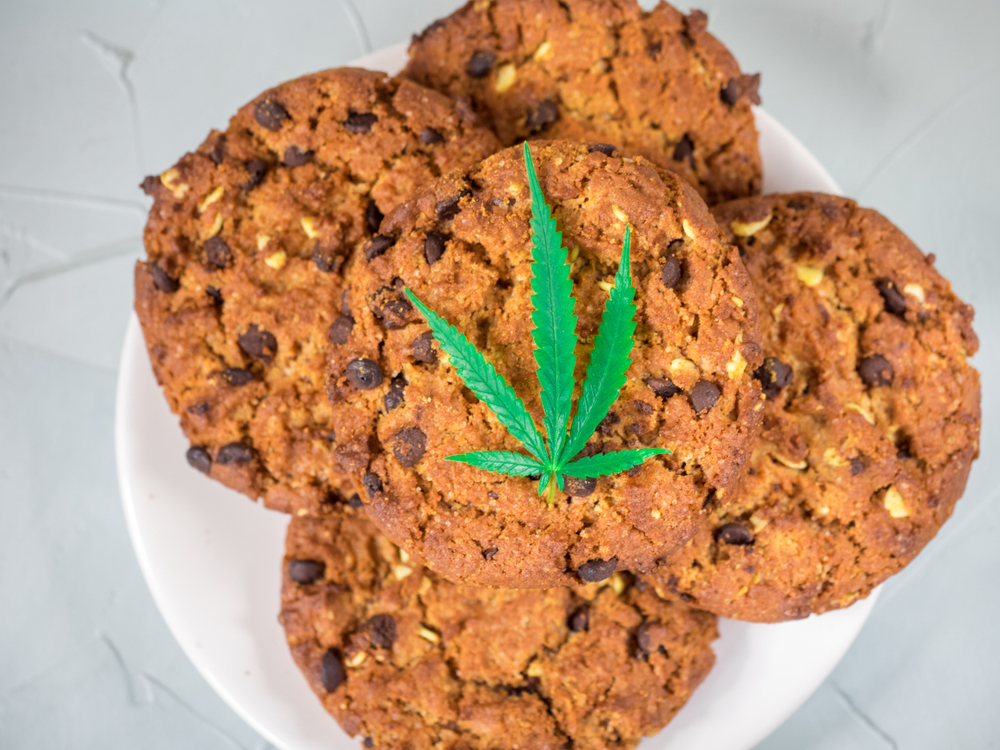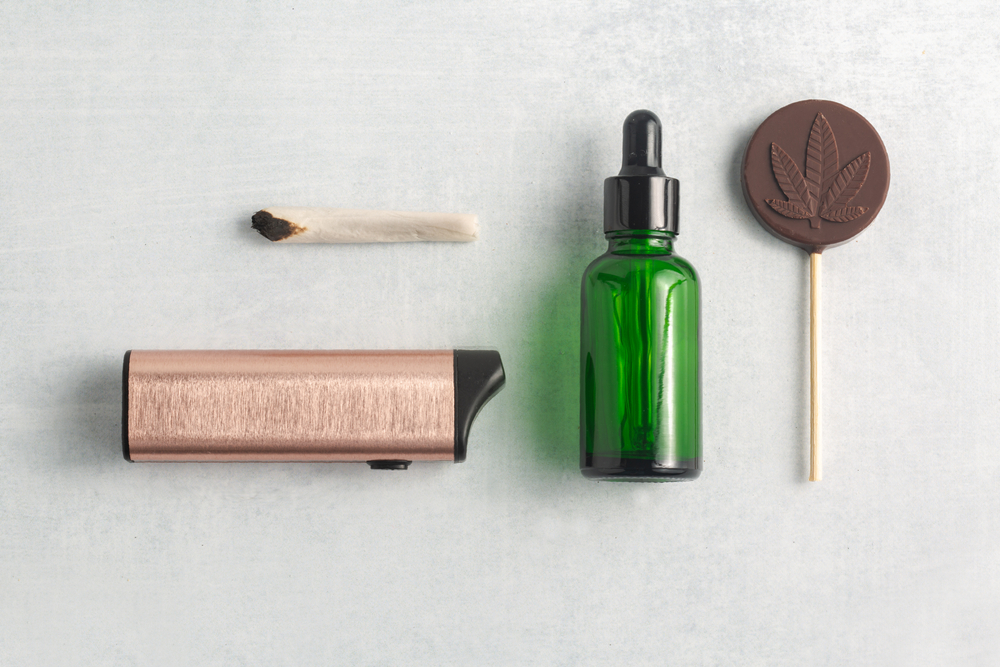Education
Weed Withdrawal Symptoms – Fact or Fiction?
Weed withdrawal might sound like a far-fetched idea used to scare and intimidate, but its symptoms are based on reality.
Have you ever wondered what would happen when a chronic cannabis user stops consuming marijuana? Will everything go back to normal, or is it similar to going “cold turkey” like other substances?
If you’ve ever seen a movie where someone is going through substance abuse withdrawal, you can tell it isn’t a pleasant experience for anyone involved.
If you’re worried about weed withdrawal symptoms, don’t be. Unless you’re consistently high 24 hours a day 7 days a week, you won’t suffer from withdrawal symptoms and can continue consuming as you please.
However, chronic consumers who medicate at all hours of the day do need to heed these warnings. Although cannabis isn’t physically addictive like alcohol or harder substances, it can be psychologically addicting.
When Regular Cannabis Consumers Stop Consumption
Unfortunately, withdrawal from marijuana use is a real thing. However, its effects will vary in severity.
It won’t cause you to be bedridden for days upon end, and it isn’t a life-threatening condition. Plus, treatment and recovery can be done at home. So, take a moment to breathe a sigh of relief.
With that being said, it isn’t a good idea to use marijuana 24/7.
The effects of cannabis are great, but being high all the time is not only dangerous to your physical and mental health but your economic well-being as well. Your tolerance will become so high that your cannabis consumption bill will also become ridiculously high.
This happens because of something in marijuana called tetrahydrocannabinol (THC). You might be familiar with this compound already since it’s what causes the psychoactive effects in cannabis.
THC is released into your brain when you smoke weed and bonds to specific receptors called CB1 receptors.
As marijuana use continues, the number of CB1 receptors in the brain decreases.
Luckily, this is not permanent, and a tolerance break allows them to repair themselves and go back to normal.
If you become addicted to or develop a dependence on using marijuana, the CB1 receptors will not get a chance to repair themselves. The result is a dampening effect, and you’ll need more and cannabis to feel the way you used to.
Weed Withdrawal Symptoms to Expect

Weed withdrawal is more than having a strong desire for cannabis because you ran out in the middle of the night.
Though the American Psychiatric Association doesn’t consider cannabis withdrawal syndrome a medical issue, many scholars have identified it as a key component of Cannabis Use Disorder.
A medically reviewed study by Gorelick. et al. had proposed a set of criteria that should help patients identify withdrawal symptoms and put a name on their circumstances.
After a sudden stop in heavy and prolonged cannabis use, marijuana users must experience at least three of the following symptoms of marijuana withdrawal:
- Irritability, anger, or aggression– Marijuana is beloved for helping people chill out, but withdrawal can trigger some serious mood swings. This effect on behavioural health is one of the most common, and in rare cases, may require therapy to control these feelings.
- Nervousness or anxiety– Users with preexisting anxiety-inducing mental disorders generally suffer the most from these symptoms, especially if consumers used marijuana to keep it under control. Depending on the severity of this symptom, it can even cause paranoia and delusional thoughts.
- Sleep difficulty (insomnia)– Withdrawal from marijuana can lead to trouble sleeping, leading to trouble focusing and staying awake during the daytime. It may also throw off the body’s circadian rhythm responsible for bodily functions such as eating habits, mood, body temperature, and other functions.
- Decreased appetite or weight loss– Besides the obvious nutritional issues, this poses, decreased appetite causes the body to shed more calories than usual and can lead to weight loss. This would produce the opposite effect for persons who use marijuana for weight gain.
- Restlessness– Withdrawal from cannabis may also cause persons to feel antsy, which makes it difficult to focus or stay in one place. This can become a recipe for disaster for persons who are prone to finding themselves in trouble.
- Depressed mood– Besides irritability anxiety, depression is among the mood changes someone who quit marijuana should expect. This poses a threat to those with mental health issues disorders who are already prone to depressive episodes.
- Physical symptoms from at least one of the following: stomach pain, shakiness/tremors, sweating chills, fever, headache- Abdominal pain and headache are some of the most common withdrawal symptoms; however, they can be a result of almost anything. Fever is rare, and shakiness/tremors are seen in more severe cases, especially if a person used marijuana with another drug.
The other diagnostic criteria for cannabis withdrawal states that these symptoms must cause “clinically significant distress or impairment in social, occupational or other important areas of functioning.”
You may notice that all the symptoms of weed withdrawal may be attributed to other disorders or conditions.
For this reason, the last criterion specifies that none of the physical and psychological symptoms listed are to be accounted for by another disorder. In other words, before someone can be diagnosed with marijuana withdrawal, medical examiners must rule out all other medical conditions.
How Can I Get Over Weed Withdrawal?
Withdrawal syndrome and its effects are at their strongest after about a week. Since they vary in severity depending on marijuana use and gender, to name a few, multiple symptoms may be felt for up to a month after abstinence. Light users are past the worst of it during the first few days they quit using marijuana.
Most people will not need to seek medical advice or get rehab treatment to overcome marijuana withdrawal symptoms, as they would alcohol or other drug addictions. It can help to join support groups for peer guidance or seek outpatient care if you or a loved one struggles with recovery.
The best way to weed detox is not by buying phony detox drinks online. It’s all about abstinence and taking care of your overall well-being.

This means you should stay hydrated, eat well and exercise. Take some time to meditate and practise breathing exercises to overcome negative thoughts.
If the physical withdrawal symptoms are too uncomfortable, try an over-the-counter drug like a painkiller or antacid. Avoid situations that may cause you to return to chronic marijuana use or affect your mental health.
Taking regularly scheduled tolerance breaks can also help you shift your dependence away from cannabis use.
Is Cannabis Addiction Real?
Addiction is not limited to drugs and alcohol, and anyone can find themselves in a situation where they develop dependence. Although not physically addicting, cannabis use can be psychologically addicting.
If you medicate to control the symptoms of anxiety, depression, and other mood disorders instead of treating the root problems themselves, you might be susceptible to symptoms of weed withdrawal if you stop suddenly.
If you are worried about this, you can always detox on your own by slowly tapering off to see how well you manage. If you struggle, remember you will not be the first or the last to experience this issue. Help exists, so take it.






